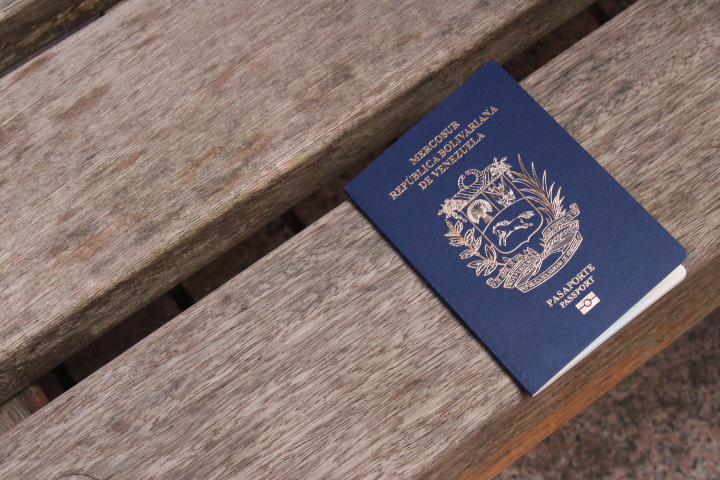Less than 1 per cent of people in the Venezuelan diaspora could register to go to the polls on the 28th July
Before leaving the house on her way to the Venezuelan consulate in Madrid, 31-year-old economist María Antonieta Ramírez checked the documentation requested by the Venezuelan government to qualify her to vote abroad. She arrived at 7.30 am with her husband, 33-year-old civil engineer Federico Antillano, who was also trying to register himself.
After waiting in a queue for three long hours, Ramírez discovered she could not vote because she had not presented her original European identity document. This specification, however, was not on the list released by the government.
Venezuela is holding presidential elections on 28 July. This is a historic ballot because President Nicolás Maduro’s government allowed an opponent to register for the first time in a decade. The former diplomat Edmundo González is running to end 25 years of Chavismo, the left-wing populist political system implemented by former President Hugo Chávez and continued by Maduro.
Under international pressure, Maduro’s government signed the Barbados Agreement in October, with which it pledged to hold democratic elections. In practice, however, many expatriate Venezuelans cannot be guaranteed the right to vote because the government has asked them for documents many cannot access, such as a current passport and an identity card, and they also require proof of permanent residence.
Overseas voters could prove decisive in securing an opposition victory, considering Venezuela has seen major emigration caused by shortages of medicines and food, government repression, violence, and hyperinflation. According to the Plataforma de Coordinación Interagencial para Refugiados y Migrantes, 7.7 million people have left the country in recent years; its current population now stands at around 29 million inhabitants.
Ramírez says that in Madrid, registration was only open for a fortnight, catering to 60 people a day, even though the country is home to 477,000 Venezuelans. “What they’re doing is putting up more obstacles to stop us from voting because they know that many people living abroad are going to vote for the opposition,” says Ramírez.
Her husband waited in the queue for eight hours and managed to register. He was lucky to meet at least the basic registration requirements. This is not the case for 76-year-old social worker Maritza Castillo, who left Venezuela for Chile in 2018 and saw her passport expire a year later. Until last year, Venezuelan embassies were closed for passport renewals abroad.
Though they are now open, they are unaffordable for some people. According to the Administrative Service for Identification, Migration and Foreigners, the document costs around £250.
In Chile, Castillo is required to have permanent residency. “[It] takes at least five years to obtain. It’s depressing. There’s a feeling of helplessness in not being able to do anything about the electoral process,” says Castillo, who worked in voting centres in the pre-Maduro era.

Photo credit: Alice de Souza
32-year-old marketing manager Oriana Fantin, who has been living in London since 2018, got her new passport in January. She waited one hour to register her vote in April.
“I don’t have any faith in these elections, but I [registered] because I always felt this responsibility to my country,” says Fantin. She campaigned in the 2015 parliamentary elections to get young voters registered.
Ramírez also feels this responsibility. She doesn’t plan on returning to Venezuela, but she wants to vote, dreaming of guaranteeing the quality of life for her compatriots.
“I wanted to do it for my family, my friends, and all the people who want to be in Venezuela. I feel that being far away, this is the only way I can help,” she says.
The process of trying to vote led Ramírez to revisit memories of the difficult days and weeks when she initially moved from Venezuela to Spain.
“[But] even though immigrating was difficult, it was the best decision of my life.” Not being able to vote has reaffirmed her desire to stay away from her country of origin. “[It] makes me feel that I have no future and nothing will change.”
Feature image: A current passport was one of the documents requested by the government to register voters to vote in April 2024. Photo Credit: Alice de Souza.

